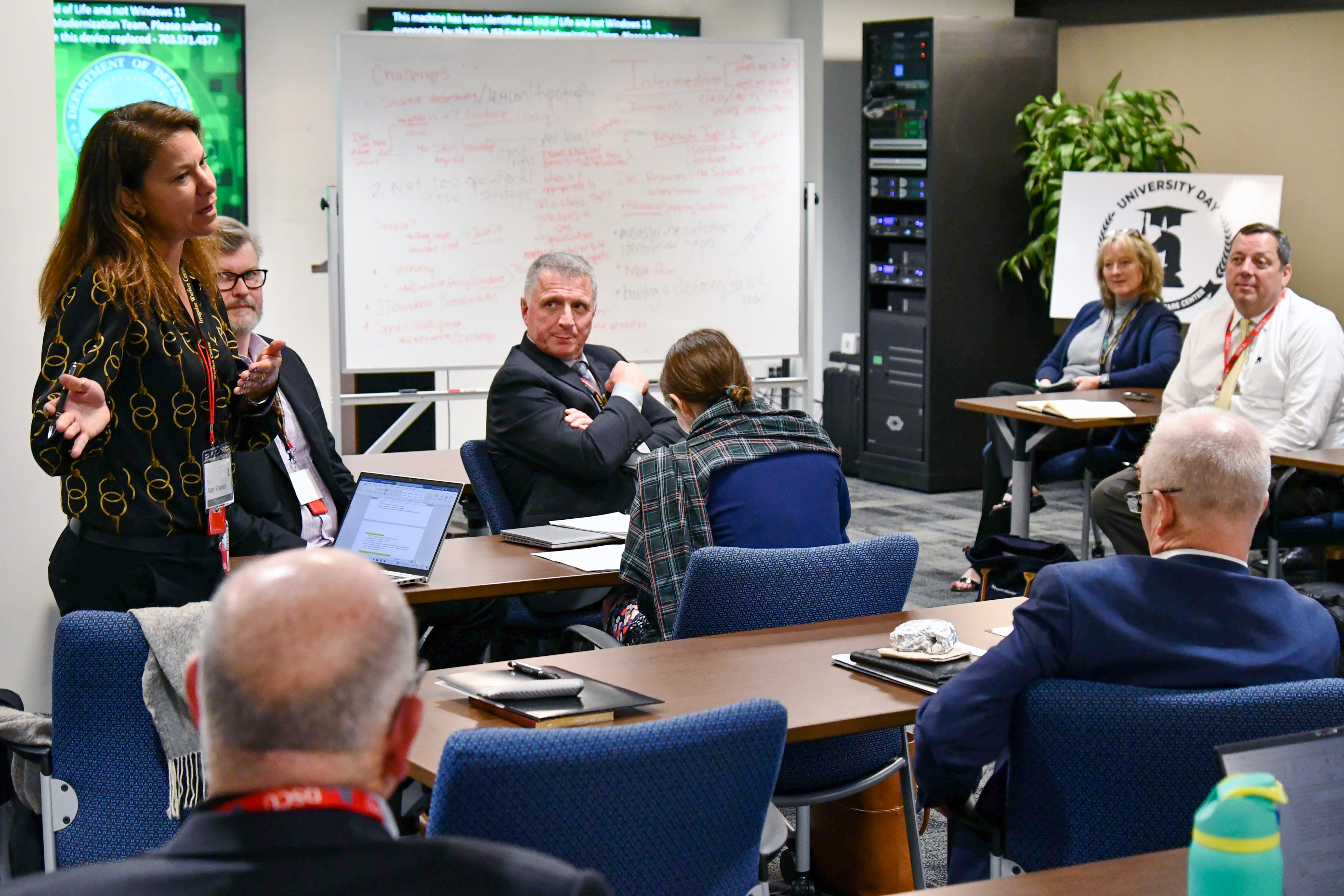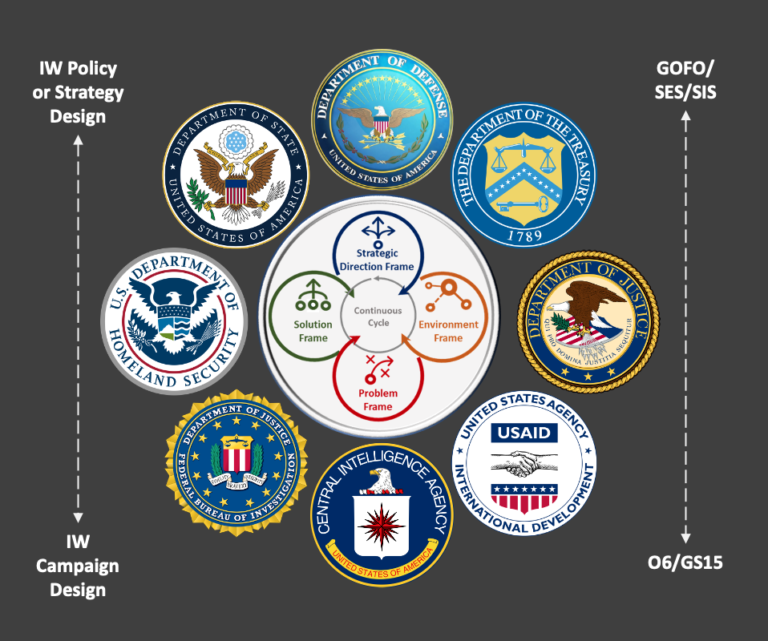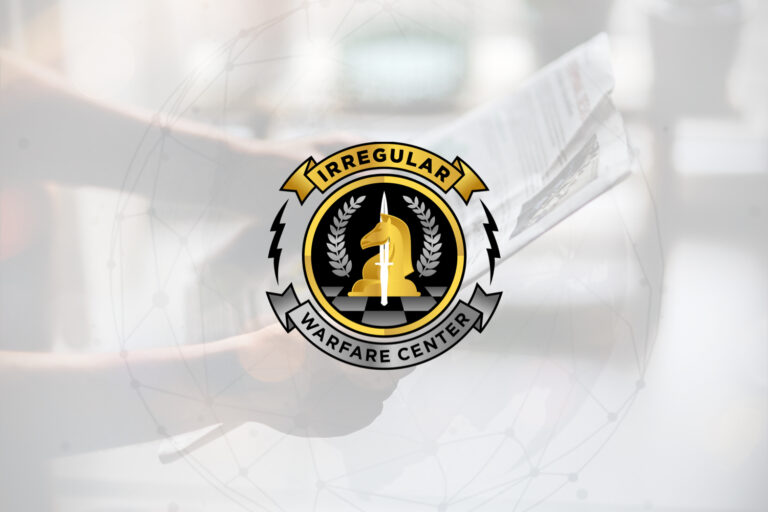The newly established Irregular Warfare Center (IWC) hosted a Professional Military Education (PME) Day on April 27, 2023, at the Defense Security Cooperation University (DSCU) in Arlington, Va. War colleges, staff colleges, senior NCO academies, and advanced studies programs as well as a number of key stakeholders were on hand for the first event of this type in what is […]






